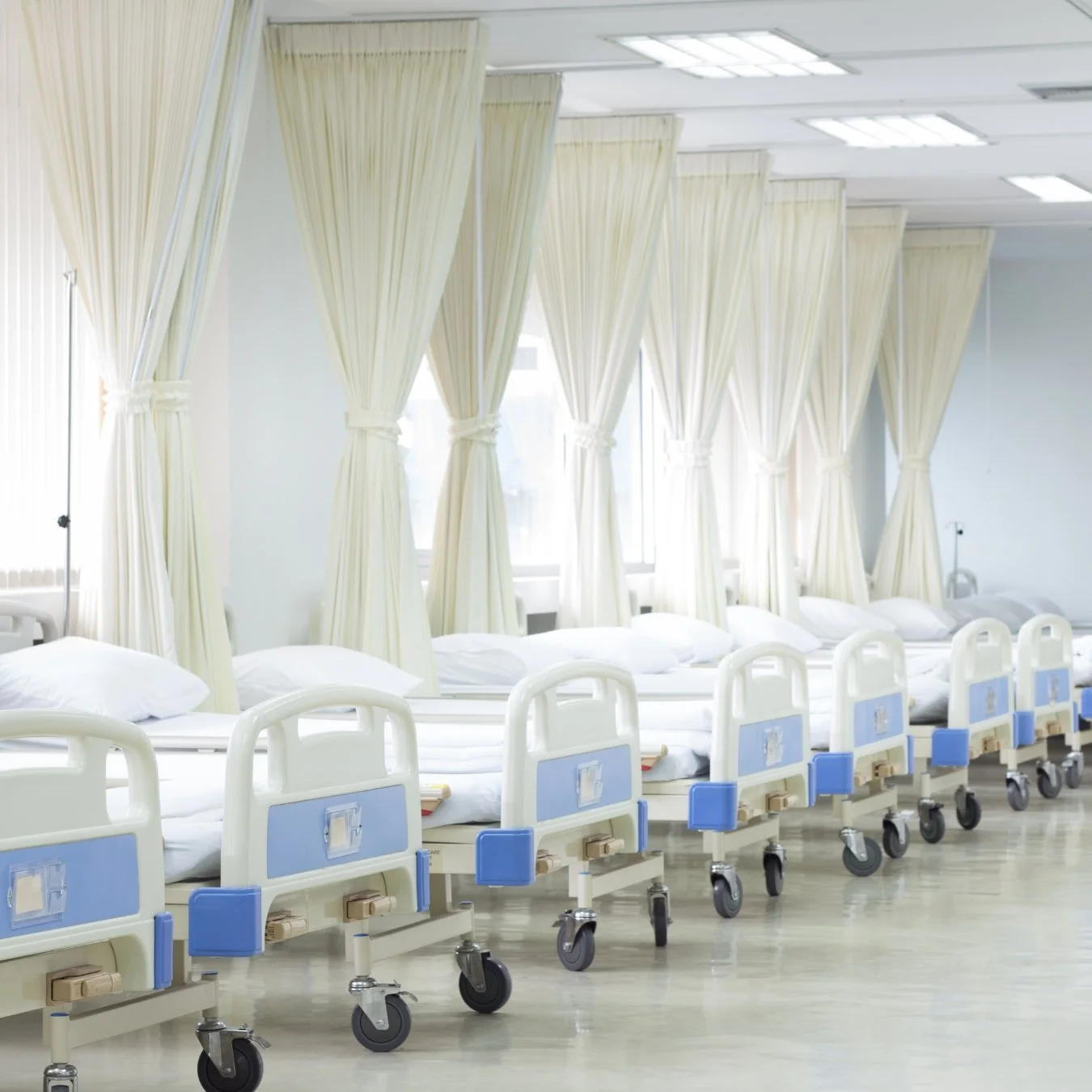The Future of Healthcare in South Africa
/The South African healthcare system is undergoing significant changes, shaped by evolving health policies, increasing disease burdens, and staffing shortages. Both healthcare organisations and professionals are feeling the pressure of these changes.
Here’s a look at some of the major shifts currently shaping the healthcare landscape and how healthcare staffing can adapt to these shifts.
The Impact of National Health Insurance (NHI)
One of the most significant developments in the healthcare sector is the ongoing push for National Health Insurance (NHI). The NHI is aimed at achieving nationwide health coverage, ensuring that every citizen has access to healthcare services regardless of their ability to pay. While this is a positive step towards equity, it comes with challenges, especially in terms of staffing needs.
The NHI will increase the demand for healthcare services across the country, putting more pressure on an already strained workforce.
Ongoing Healthcare Worker Shortages
The healthcare system has long faced a shortage of healthcare professionals, particularly in rural areas. Issues such as the migration of skilled professionals, brain drain, and understaffing have worsened due to the country's increasing healthcare demands. The COVID-19 pandemic has only highlighted the fragility of the system and the importance of having adequate staffing levels.
The shortage of healthcare workers is becoming more evident, especially with the increase in demand for healthcare services due to NCDs and infectious diseases.
Disease Impact in South Africa
South Africa faces a high disease burden, with several prominent health challenges:
HIV/AIDS: South Africa has the largest HIV/AIDS epidemic in the world, with millions of people living with the virus. The country has made strides in providing antiretroviral therapy (ART) but continues to face challenges in reducing new infections and ensuring adherence to treatment.
Tuberculosis (TB): TB remains a leading cause of morbidity and mortality in South Africa, with the country having one of the highest TB incidences globally.
Non-communicable diseases (NCDs): The rise of NCDs such as hypertension, diabetes, and cardiovascular diseases is contributing to the healthcare burden, with lifestyle factors like poor diet and lack of physical activity playing a significant role.
Maternal and child health: Although there have been improvements, maternal and child health outcomes still need attention, particularly in rural areas.
The Lingering Effects of COVID-19 on Healthcare Staffing
The COVID-19 pandemic took a tremendous toll on the healthcare system, overwhelming hospitals, clinics, and healthcare professionals. While the immediate crisis has passed, the aftereffects of the pandemic continue to impact healthcare staffing.
Healthcare professionals are still dealing with burnout, mental health challenges, and the continuing backlog of non-COVID treatments.
Inequalities in Healthcare Access
The healthcare system is marked by stark inequalities in access to care. Rural and underserved areas are particularly vulnerable to shortages of healthcare professionals, with fewer doctors, nurses, and specialists working in these regions. Many healthcare workers prefer to work in urban centres where resources and opportunities are more abundant.
Healthcare disparities between urban and rural areas are widening, with rural communities facing the most significant challenges in accessing quality care.
Mental Health and Its Impact on Healthcare Staffing
The mental health crisis in South Africa has been exacerbated by the COVID-19 pandemic, socio-economic challenges, and the strain on healthcare workers. Mental health conditions are on the rise, affecting both patients and healthcare providers.
There is a growing need for mental health professionals, as well as support for healthcare workers dealing with burnout, stress, and mental health challenges.
Adapting to Change with Flexible Staffing Solutions
Given the growing demand and evolving healthcare landscape, healthcare organizations may find it increasingly valuable to explore flexible staffing solutions with locum health professionals, which can help address staffing shortages, manage fluctuating patient needs, and provide specialized care where required. As the country navigates challenges such as the implementation of NHI, the rise in chronic diseases, and the lasting effects of the COVID-19 pandemic, locum staff offer a way to maintain care standards while supporting existing teams. For healthcare professionals, locum opportunities can offer a way to work more flexibly and gain diverse experience, all while contributing to the broader healthcare system.
We are committed to helping healthcare organizations meet these challenges by providing locum healthcare workers who can step in quickly and seamlessly.
By partnering with us, both healthcare organizations and healthcare workers can navigate these challenges, ensuring that quality care continues to be delivered across South Africa.
-
South African Medical Association. (n.d.). Healthcare in South Africa: Current challenges and opportunities. Retrieved from https://www.samedical.org/cmsuploader/viewArticle/2344
South African Medical Research Council. (n.d.). State of health in South Africa: Reflections and future directions. Retrieved from https://www.samrc.ac.za/news/state-health-south-africa-reflections-and-future-directions
Health Systems Trust. (2023). South Africa Health Review. https://www.hst.org.za/publications/South-Africa-Health-Review
Department of Health, South Africa. (2024). National Health Insurance White Paper. https://www.health.gov.za
Medical Education South Africa. (2025). In 2025, we anticipate significant advancements in the healthcare environment for AI in healthcare. Retrieved from https://www.meded.co.za/DocumentPart/?id=7454#:~:text=In%202025%2C%20we%20anticipate%20significant,environment%20for%20AI%20in%20healthcare


